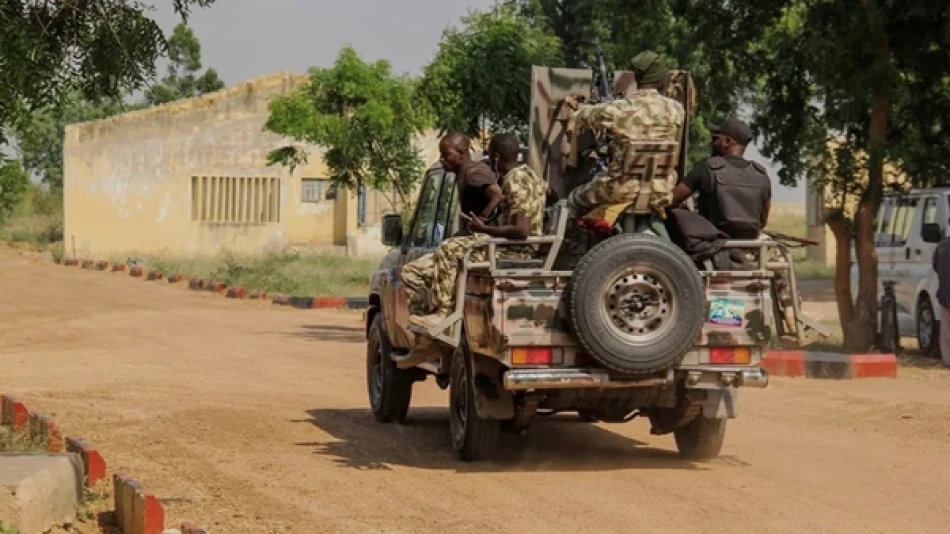
Nigerian Forces Eliminate 23 Terrorists in Northern Offensive
Nigerian Military Claims Major Victory Against Terror Groups in Restive Katsina State
Nigerian government forces killed 23 suspected terrorists and rescued 26 hostages, including women and children, during a weekend operation in Katsina State's volatile Kankara region. The clash represents the latest escalation in Nigeria's ongoing battle against armed groups that have plagued the country's northern territories for over a decade.
The Kankara Operation: A Strategic Strike
The military engagement took place in Bawa village, located in Kankara Local Government Area, where Nigerian Army units confronted suspected terrorists in what sources described as intense gunfire exchanges. Beyond the human casualties, government forces destroyed significant logistical assets including motorcycles, vehicle spare parts, machinery oils, agricultural equipment, and food supplies—indicating the operation targeted established terrorist infrastructure rather than a mobile unit.
The rescue of 26 hostages underscores the scale of kidnapping operations that have become a primary revenue source for armed groups across Nigeria's northwest and northeast regions.
Katsina's Strategic Importance in Nigeria's Security Crisis
Katsina State holds particular significance in Nigeria's counter-terrorism efforts. The region sits along key smuggling routes connecting Nigeria to Niger and other Sahel nations, making it a crucial corridor for weapons trafficking and militant movement. Kankara itself gained international attention in December 2020 when over 300 schoolboys were kidnapped from a local secondary school, though they were later released.
The state's predominantly rural, agricultural economy makes it vulnerable to the "bandit" groups that have evolved from cattle rustlers into sophisticated criminal enterprises engaging in mass kidnappings, village raids, and territorial control.
Military Strategy: Pressure Campaign Shows Mixed Results
The Nigerian Army's commitment to "continue pressuring terrorists and criminals throughout the country until peace prevails" reflects a military-first approach that has dominated Nigeria's security strategy since the Boko Haram insurgency began in 2009. However, this latest operation's success comes amid broader questions about the effectiveness of purely kinetic solutions.
Unlike successful counter-terrorism models in countries like Colombia or Sri Lanka, Nigeria's approach has struggled to address underlying socioeconomic factors that fuel recruitment into armed groups. The destruction of agricultural equipment during Saturday's raid, while tactically sound, also highlights how the conflict continues to devastate rural livelihoods.
Regional Implications and Economic Impact
For Nigeria's economy—Africa's largest—the persistent insecurity in agricultural heartlands like Katsina directly threatens food security and foreign investment confidence. The World Bank estimates that conflict in Nigeria's northwest and northeast has displaced over 3 million people and reduced agricultural output by approximately 20% in affected areas.
International partners, including the United States and European Union, have provided military assistance and training, but diplomatic pressure has increasingly focused on governance reforms and addressing root causes of instability.
The Path Forward: Military Gains Versus Sustainable Solutions
While Saturday's operation demonstrates improved tactical capabilities by Nigerian forces, sustainable peace in Katsina and similar regions will likely require comprehensive approaches combining security operations with economic development, education investments, and political reforms addressing marginalization of northern communities.
The cycle of military victories followed by renewed insurgent activity suggests that without addressing fundamental grievances and providing alternative livelihoods, tactical successes may prove temporary in Nigeria's complex security landscape.
Most Viewed News

 Layla Al Mansoori
Layla Al Mansoori






